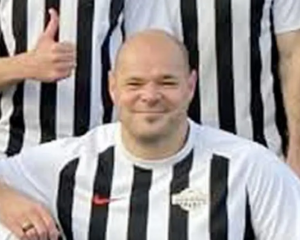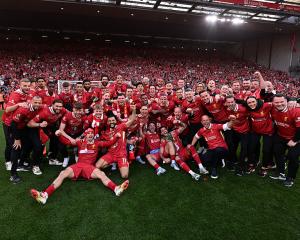The 41-year-old Otago Boys' High School deputy rector said he was committed to developing the game in the region.
"For me it is about representing the views from the South Island," he said.
"And also having representation of secondary schools at board level as well as junior football throughout the country. As a board we don't want to be solely involved with finances and the high performance end of the game. It is about the grassroots as well."
Football in New Zealand is enjoying a renaissance in the wake of recent success.
At the top of that list is the All Whites' effort in qualifying for this year's World Cup.
It is the first time the national side has competed at the tournament since 1982.
The on-field success has translated into a stronger financial outlook, with the governing body announcing a $1.35 million surplus for 2009 at its annual meeting late last month.
McGowan said maintaining the momentum was crucial in the drive towards sustainability.
"You have to take those moments which come along every now and then and try to get as much mileage out of it as you can."
McGowan did not want to speculate whether previous boards had failed to capitalise on the All Whites' success in the early 1980s.
"[The current] board is forward thinking and have an amazing skill set.
They are very positive and have played a major part in turning football around in the two years from almost bankruptcy through to running surpluses."
McGowan's passion for the "beautiful game" started when he laced up his first pair of boots as a 5-year-old.
McGowan represented New Zealand at under-15 level, played for a senior South Island team in a game against the All Whites and played in the national league for a "number of years".
Since retiring from competitive football he has stayed involved in the game through administration.
He is the deputy chairman of Footballsouth and was elected to New Zealand Football's seven-member board late last month, replacing the outgoing Mark Stewart.
One of the biggest challenges football in the lower South Island faced was overcoming its geographic isolation, he said.
Teams had to travel further for tournaments, which pushed up costs and left less money for other areas like development, coaching and equipment.
"How do we develop talent and grassroots football? And how do we do that with a volunteer base, because the reality is, you can use all the models from overseas, but there is very limited finances.
"Football is amazing in that it has such a large volunteer base of coaches, managers, administrators and people who just go out and put the nets up and the flags out. Without them football wouldn't happen."











